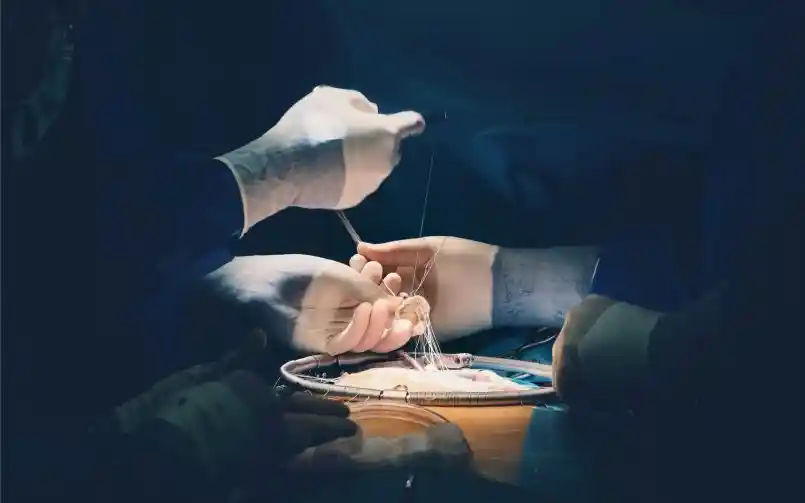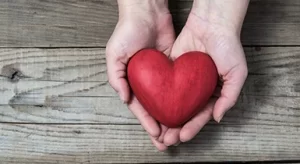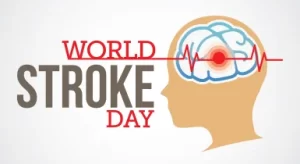Heart valve surgery fixes a damaged or faulty heart valve. There are two main types of heart valve surgeries: valve repair and valve replacement. Double valve surgery is a surgery where two valves are involved. Sometimes a faulty valve can be repaired by cutting away excess tissue in the cusps of the valve and sewing the edges together. It can be repaired by shortening or connecting the cords that act like hinges on the valve. Special rings called ‘prosthetic rings’ or ‘annuloplasty rings’ can also be used to narrow an enlarged valve and strengthen the repair. Another method used to open a narrowed valve is called ‘balloon valvotomy’. In the valve replacements , the new valve is sewn onto a rim of tissue that is kept from the original valve. Several types of replacement valves are used. These are either biological tissue valves or mechanical valves.
Advantage: An advantage of valve repair operations is that usually your own valve tissues are used in the repair. If a valve can’t be repaired, it is sometimes removed and replaced with a new valve.




